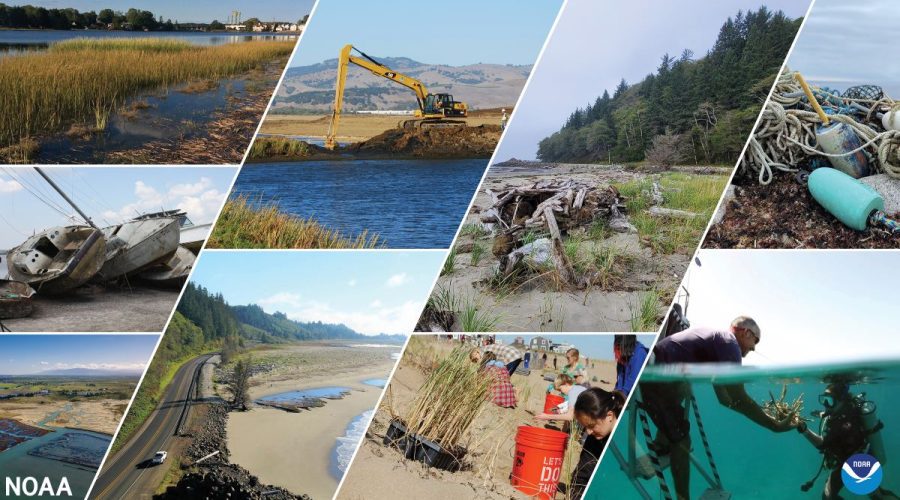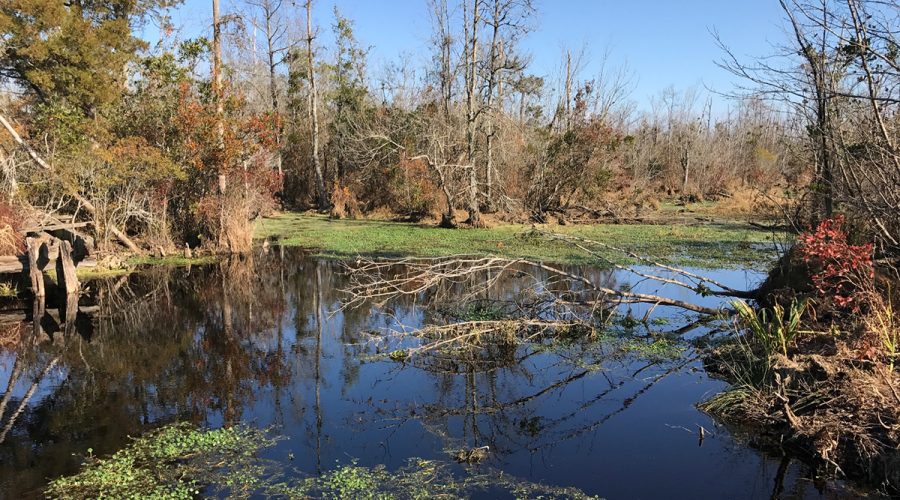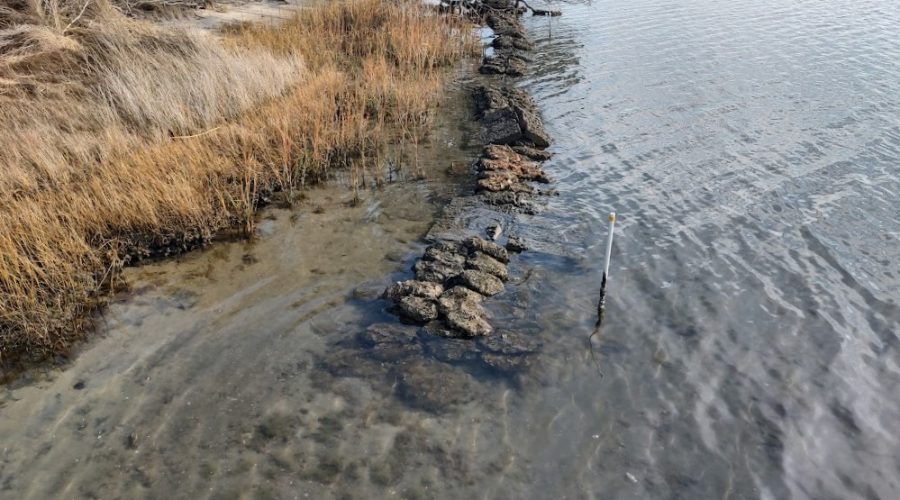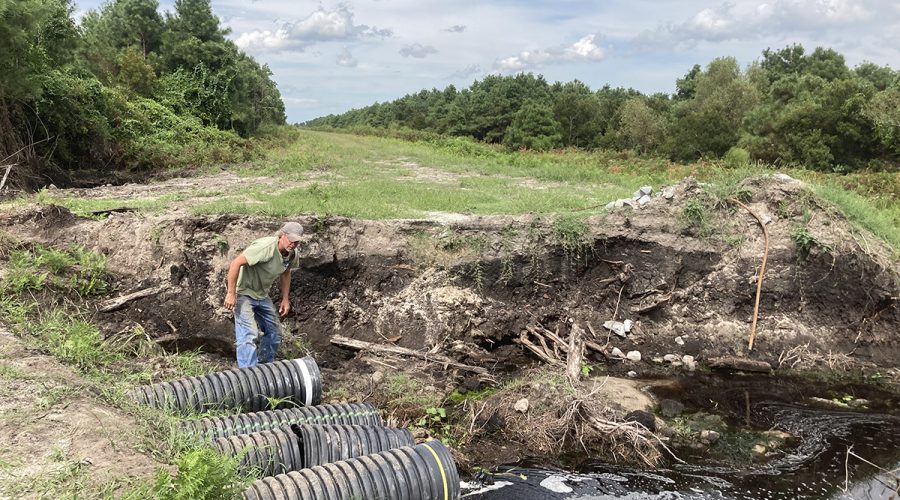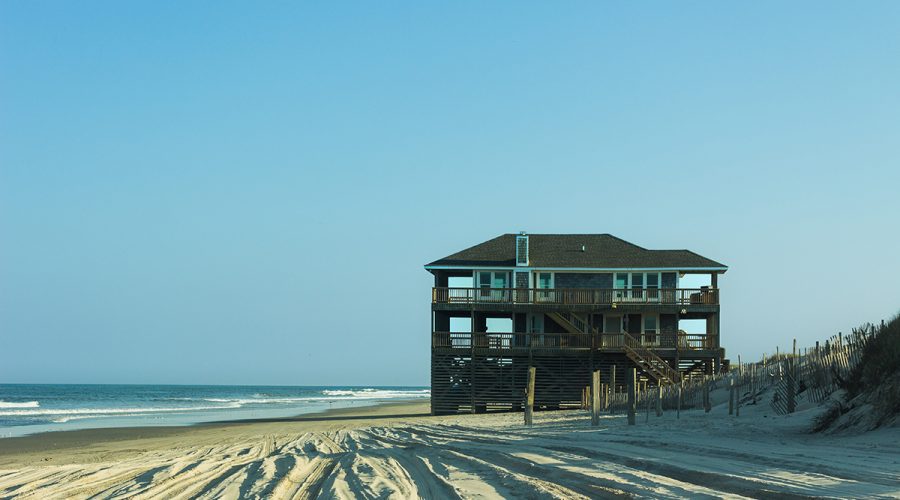A recent Duke University analysis finds that state emergency management departments are underestimating the growing threat of excessive heat as the climate changes.
climate change
$21M recommended for climate change resilience projects
The North Carolina Coastal Federation, Gullah Geechee Cultural Heritage Corridor, N.C. Wildlife Resources Commission and National Audubon Society have been recommended for a total of $20.9 million in federal funding.
Scientists’ blog helps make NC climate, weather make sense
The State Climate Office has long published its Climate Blog, and the project to provide easily accessible information continues to yield new answers to the question, “What do we mean by ‘coastal plain?'”
Seen an armadillo in NC? Wildlife officials want to know
State wildlife officials tracking armadillos’ expanded range have confirmed their presence in 28 North Carolina counties, from Cherokee to Dare.
Students awarded for innovative geographic technology use
Among the college students awarded for their projects using geographic data to analyze or solve a problem, five were by students at coastal universities or whose work focused on coastal issues.
Urgent action needed in food sector to curb warming: Study
Changing diets, curbing food waste and optimizing agricultural production practices could contribute significantly to lessening the anticipated effects of climate change.
Climate change making allergy season longer, worse: Study
Bad news for the sniffly: A new report finds that as warmer temperatures increase the length of growing season, plants are releasing pollen and mold spores for a longer period of time.
Ocean, climate change conference to be offered virtually
The National Marine Sanctuary Foundation conference will be offered in person in Washington, D.C., and virtually June 6-8.
NC peat holds carbon market promise, but process complex
North Carolina’s 250,000 acres of privately owned peatland could be the ticket to tapping into the $2 billion voluntary carbon trading market, but the steps ahead are rigorous and expensive.
Wording matters when talking about climate change: Study
The public’s perception of certain terms and phrases can influence how they perceive and respond to information about climate change, according to new research.
Cape Fear River Ghost Trees: What stories could they speak?
Guest commentary: The Cape Fear River and its historically important and scarce resources are rapidly being lost or adversely altered forever.
Nature-based solutions get support from White House
Two authors of the White House resiliency report and EPA and NOAA officials went online last week to explain the strategies and how they’ll shape agency planning.
Cooper names Recktenwald climate change policy adviser
Bailey Recktenwald began her new role Jan. 9 as the climate change policy adviser for the North Carolina governor’s office.
Rewetted drained pocosin can do a lot, like store tons of CO2
An ecosystem project in an NC peat bog could yield jobs, help with stormwater management and suppress wildfires and is part of an ambitious plan to create a carbon credit market to offset millions of tons of greenhouse gas emissions.
Exclusive Carova showcases costs of coastal development
Despite federal disincentives and increasing perils from climate change, new houses continue to pop up in this enclave for the wealthy at the remote northern end of Currituck Banks.
Mueller now director of NC State Climate Leaders Program
Amanda Mueller has been promoted from program manager to director of the Kenan Institute for Engineering, Technology & Science Climate Leaders Program at N.C. State University.


